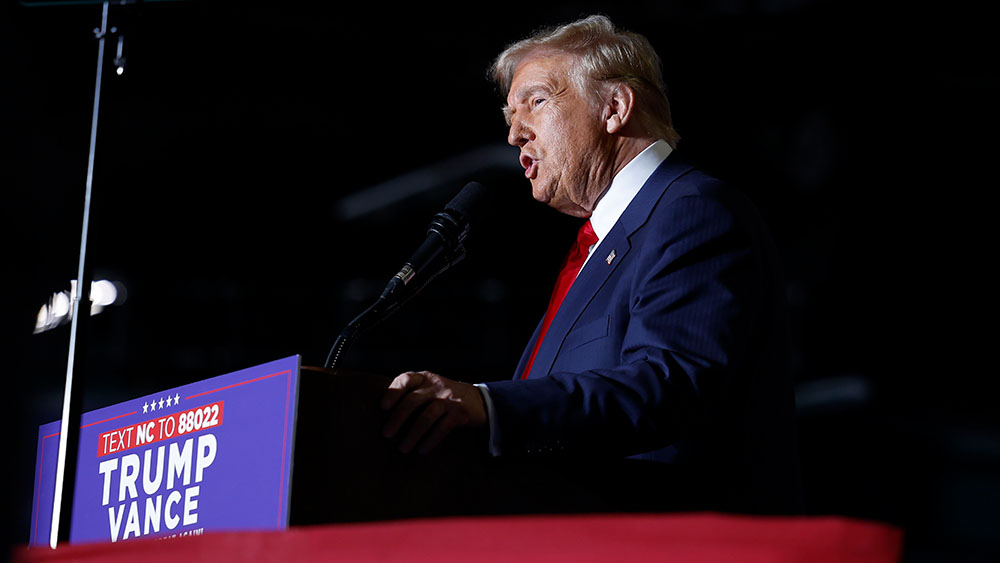
As per Buenos Aires-based consulting firm 1816 Economia & Estrategia, the South American nation has already depleted all of its available liquid international reserves, along with an additional estimated $1 billion. This situation further intensifies the challenges faced by the country, as it deals with a historic drought and the looming prospect of a recession, Bloomberg News reported this week.
With limited available cash reserves, concerns are emerging regarding the government's ability to sustain the stability of the peso and prevent a complete collapse. The risk at hand involves the potential devaluation of the currency, which could lead to a staggering 104% inflation rate and further fuel social unrest, particularly in the lead-up to the presidential elections scheduled for October, the report continued.
“Fewer reserves leads to more pressure on the exchange rate, which in turn leads to more pressure on inflation,” Fernando Losada, a managing director at Oppenheimer & Co., told the news outlet. “I see no possible scenario under which inflation goes below three digits this year.”
For decades, Argentina has faced challenges in building and maintaining robust international reserves, depleting its cash reserves to address inflation and manage obligations on foreign bonds.
Presently, the nation has a total of less than $34 billion in foreign reserves; however, a significant portion is tied up in illiquid assets like gold, credit swap lines with China and the Bank of International Settlements, as well as the US dollars held in Argentine citizens' savings accounts, Bloomberg News added.
This poses a significant challenge for Argentina, as it requires readily available cash. The country's foreign currency liabilities already surpass its total reserves by approximately $1 billion, marking the most unfavorable ratio since the economic crisis in the early 2000s, as reported by the 1816 firm.
Argentina has been rapidly depleting its dollar reserves in an attempt to halt the decline of the parallel-market exchange rate for the peso. The parallel market rate has superseded the official currency rate due to stringent capital controls. In the past week alone, the central bank has sold around $470 million to support the currency in the parallel markets, according to economist Fernando Marull from the Buenos Aires-based consultancy FMyA.
Assessing the effectiveness of the government's intervention has proven challenging. The unofficial peso experienced a significant depreciation of approximately 13% against the US dollar last month, and year-to-date, it has plummeted by 33%. This decline is the most substantial among major emerging markets. The parallel peso rate, commonly referred to as the blue-chip swap, remains close to its all-time low, which was reached in late April, Bloomberg reported.
In previous attempts to bolster reserves, President Alberto Fernandez implemented measures to redirect export earnings into central bank accounts and accepted financial assistance from the International Monetary Fund (IMF). However, these measures have not yielded significant results.
Fernandez, who has already withdrawn his candidacy for re-election, faces uncertainty regarding the outcome of negotiations to revise a $44 billion program with the IMF; Bloomberg reported that there are no assurances that the talks will lead to expedited loan disbursements that could alleviate the current situation.
A spokesperson from Argentina's central bank has stated that the market's calculation of net reserves does not accurately reflect the institution's balance sheet. The spokesperson pointed out that the calculation overlooks alternative sources of financing, including a currency swap line with China.
Meanwhile, Argentine officials have implemented additional emergency measures to address the situation. These measures include utilizing the currency swap line with China to secure funding for $1.8 billion worth of imports from the country. Additionally, Argentina is collaborating with Brazil to enhance bilateral trade through credit lines denominated in reais, enabling them to bypass the use of the dollar, the report said.
Sources include:
Please contact us for more information.





















